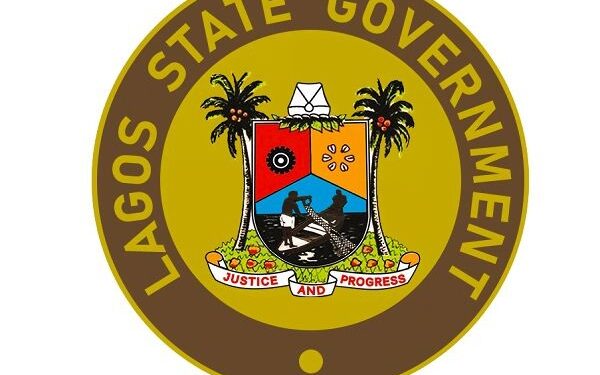The Lagos State Ministry of Basic and Secondary Education has announced that all Principals and Vice Principals in government-owned secondary schools must now actively engage in classroom teaching. According to the directive issued by the Honourable Commissioner for Education, Mr. Jamiu Tolani Alli-Balogun, Principals are required to teach a minimum of six periods per week, while Vice Principals must handle at least eight periods. These teaching responsibilities must be clearly reflected in each school’s timetable.
The new policy, aimed at fostering a change in mindset regarding leadership roles within the education system, underscores the government’s commitment to reinforcing discipline and active involvement of school leaders in the academic development of students. Speaking on the matter, Mr. Alli-Balogun emphasized that school heads must serve not only as administrators but also as academic role models who lead by example in the classroom.
“This policy is a call to return to the fundamentals of educational leadership. Our school leaders must be hands-on, setting the tone for excellence, discipline, and diligence in teaching,” the Commissioner stated.
The Office of Education Quality Assurance (OEQA) has been tasked with intensifying its oversight duties across all public schools. The OEQA is expected to submit transparent and detailed reports on critical issues such as truancy, absenteeism, negligence, sexual molestation, and other forms of misconduct among teachers and school staff.
The Commissioner stressed that there will be no tolerance for “coloured” or manipulated reports. The OEQA is to provide unfiltered documentation to the Ministry, ensuring that timely and appropriate action is taken where necessary.
This dual pronged strategy mandating leadership involvement in teaching and reinforcing institutional accountability is designed to foster a culture of integrity, professionalism, and responsiveness in Lagos State’s education sector. It also signals a shift toward stricter enforcement of ethical standards and improved learning outcomes.
Educational stakeholders, including teachers’ unions, parents, and school boards, are expected to collaborate with the Ministry to implement these changes effectively. The Ministry has assured that support systems and continuous training will be provided to aid the transition and ensure the smooth integration of these directives.






















































